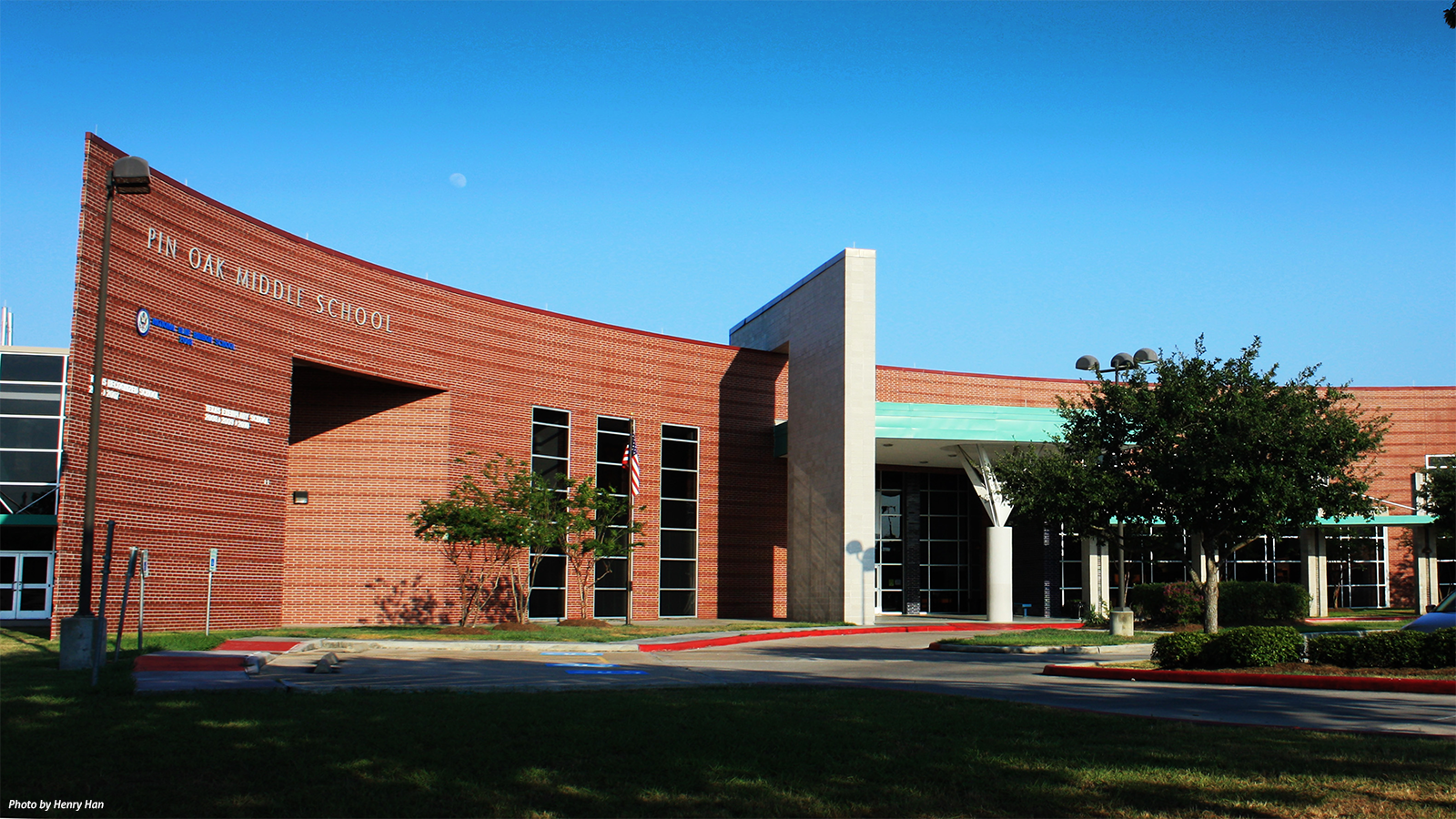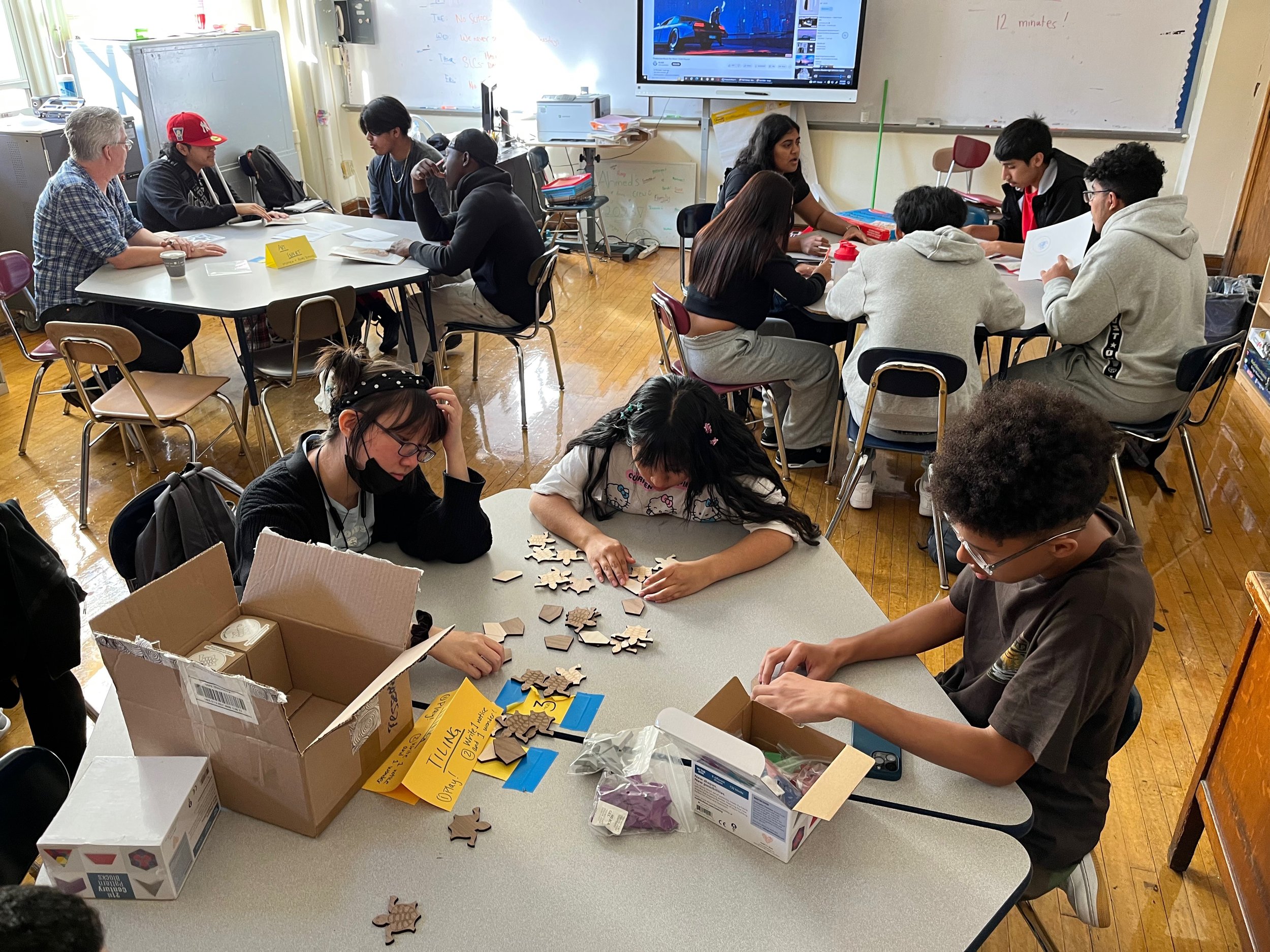Ingenious Solutions to Save Temecula Schools from Budget Cuts
Ingenious Solutions to Save Temecula Schools from Budget Cuts
Blog Article
Just How Schools Play an Important Role in Shaping Future Leaders and Innovators
By incorporating project-based learning and interdisciplinary researches, educational institutions challenge trainees to evaluate and manufacture complicated information. Educators serve as coaches, leading trainees and nurturing their capacity, while extracurricular tasks even more establish management abilities and durability.
Promoting Important Thinking
In today's quickly advancing globe, promoting critical thinking within universities has become critical. As culture faces increasingly complicated international challenges, the ability to analyze, assess, and manufacture details is vital. Institutions play a critical role in establishing these abilities, preparing pupils to navigate and attend to diverse problems with informed, reasoned decisions.
To grow crucial reasoning, instructors use various instructional techniques that motivate active understanding and intellectual involvement. Classroom conversations, problem-based discovering, and Socratic examining contribute in advertising analytical and reflective idea processes. By challenging trainees to interrogate assumptions and take into consideration numerous point of views, these methods ensure a much deeper understanding of subject past memorizing memorization.
In addition, integrating crucial assuming across the curriculum reinforces its importance and applicability in diverse contexts. Topics such as maths, science, background, and literary works each deal distinct opportunities to create trainees' critical professors. For example, assessing historic events needs recognizing and assessing sources context, while clinical query needs rigorous theory screening and evidence-based reasoning.
Ultimately, instilling critical believing abilities in trainees outfits them with the cognitive tools necessary for long-lasting knowing and versatility. It is through this fundamental capability that future leaders will have the ability to innovate, address issues, and contribute meaningfully to culture.
Encouraging Imagination
Welcoming imagination within educational frameworks galvanizes students to believe past conventional limits and explore innovative services. By integrating creative ventures and creative thinking workouts into the curriculum, schools grow an environment where creativity and imaginative idea are valued. This approach not just enriches the educational experience but likewise furnishes trainees with the capacity to take on real-world obstacles in novel means.
School can promote imagination through diverse means such as project-based understanding, interdisciplinary researches, and the incorporation of arts and innovation. Project-based discovering, for example, motivates students to use their expertise in sensible, commonly joint, jobs that demand inventive problem-solving abilities. Interdisciplinary researches permit pupils to attract links in between various subjects, consequently expanding their point of views and improving their innovative capabilities.
Additionally, supplying trainees with chances to engage with emerging technologies, such as coding and electronic layout, additionally supports their innovative potential. These activities motivate pupils to experiment, stop working, and iterate, which are important components of the imaginative process (Save Temecula Schools). By preserving a supportive setting where testing is encouraged, institutions can make sure that trainees develop the self-confidence to go after innovative concepts
Essentially, nurturing creative thinking in academic setups is crucial for shaping future leaders and innovators efficient in attending to intricate international concerns with resourcefulness.
Promoting Partnership

Implementing group-based knowing modules and participating jobs permits trainees to experience the dynamics of synergy firsthand. This not only prepares them for the collective nature of contemporary offices yet additionally nurtures management top qualities as they often need to handle duties such as task supervisors or group planners. Furthermore, partnership in the classroom can damage down social obstacles and promote inclusivity, making certain that each trainee feels valued and heard.
Additionally, integrating technology can even more sustain joint initiatives. Tools like shared digital offices and interactive platforms allow trainees to collaborate efficiently, even outside the class. As trainees develop these joint skills, they are much better outfitted to tackle complex obstacles and innovate, preparing for their future roles as trendsetters and leaders.
Duty of Teachers as Coaches

Mentorship entails customized attention, where teachers determine and support individual strengths and address weak points. Save Temecula Schools. Via one-on-one interactions, instructors can customize their advice and support to fulfill each pupil's one-of-a-kind needs, fostering a sense of confidence and resilience. This individualized strategy cultivates a development attitude, motivating students to see failures as possibilities for learning and growth
Additionally, educators offer as good example, demonstrating the values of integrity, compassion, and willpower. Their actions and mindsets give a blueprint for students to replicate, instilling a sense of go ethical responsibility and social understanding. By creating a inclusive and supportive classroom setting, educators make it possible for pupils to establish interpersonal skills that are important for efficient leadership.
Essentially, the mentorship provided by educators lays a fundamental structure for the advancement of future leaders, equipping them with the knowledge, abilities, and worths needed to master an ever-evolving globe.
Influence of After-school Activities
When incorporated successfully right into the instructional framework, extracurricular tasks significantly boost trainee growth and leadership possibility. These tasks provide trainees with chances to check out interests beyond the conventional curriculum, promoting a versatile skill set.
Pupils involved in dispute, dramatization, or songs clubs learn to believe critically and method problems from diverse point of views. By collaborating with peers from various histories, trainees additionally establish compassion and interaction abilities, necessary characteristics for future leaders.
Extracurricular activities also play an important duty in academic efficiency. Research study shows that pupils included in such programs often tend to have higher grades and far better attendance records. These activities supply a healthy and balanced electrical outlet for anxiety, adding to total well-being. Therefore, institutions that prioritize a well balanced strategy to education and learning, integrating robust extracurricular programs, are most likely to produce trendsetters and leaders outfitted to meet the obstacles of the future.

Verdict
In final thought, schools considerably form future leaders and pioneers by supporting critical thinking, creative thinking, and cooperation amongst students. By cultivating an encouraging setting that values specific toughness and team effort, colleges equip trainees with the required skills to navigate future obstacles and drive advancement.
As pupils create these collaborative abilities, they are much better furnished to tackle complex challenges and introduce, laying the groundwork for their future roles as trendsetters and leaders.
By promoting vital reasoning and problem-solving abilities, instructors help students browse intricate difficulties, preparing them for leadership roles in different fields.
By working together with peers from different histories, trainees also develop compassion and communication skills, essential traits for future leaders.
In verdict, institutions substantially shape future leaders and innovators by supporting important thinking, creativity, and cooperation among students. By cultivating a helpful atmosphere that values private toughness and synergy, schools outfit trainees with the essential skills to browse future challenges and drive technology.
Report this page